Functional nutrition is a philosophy that has been gaining popularity with nutrition enthusiasts in recent years. It is a complex idea in some ways, but also a very simple one. This philosophy is simple because it is based on the old wisdom of Hippocrates, for whom the Hippocratic oath was named. This ancient Greek physician once said, “Let medicine be thy food and thy food be thy medicine.” This saying sums up the essence of functional nutrition very neatly.
However, this philosophy is also complex because everyone has different needs depending on their body type, specific health issues, environment, and habits. This means that the process of designing a functionally nutritious diet consists of a lot more than just choosing a random set of nutritious foods.
Functional Medicine Versus Functional Nutrition:
Functional medicine is based on the old complaint that western medicine focuses too much on the relief of symptoms and not enough on the alleviation of root causes. In other words, many doctors who practice standard western medicine do not seem to give enough thought to the root causes of disease and dysfunction. If you have a problem, they give you a pill or recommend surgery. This kind of medicine is called allopathic medicine. While allopathic medicine certainly has its benefits, functional medicine seeks to break everything down in terms of the body’s systems. Rather than concentrate on a specific malady, they focus instead on entire bodily systems with an eye toward prevention.
Functional nutrition is a different matter, though the root ideas are somewhat similar. Both of these philosophies are focused on prevention rather than treatment of existing conditions, but functional nutrition is all about food choices. The idea is that you can prevent many illnesses and health conditions by eating foods that have medicinal properties.
 The Functional Nutrition Process:
The Functional Nutrition Process:
As stated above, the process of designing a functional nutrition diet will be a little different for everyone. The process, which should be aided by a qualified dietician, usually consists of the following steps:
- Evaluation of your medical history
- Review of all your organ systems
- Review of your medication and supplement history
- Review of your current diet and lifestyle habits
- Review of your previous medical testing and results
- Nutrient test to gauge any deficiencies
Note that these steps may vary a little from one dietician to another. The majority of these steps are reviews that simply tell the dietician about you. This is how you create a diet plan that is tailor-made for one person. By looking at your overall health, a professional can come to an understanding of what nutrients you need and why you need them, and in what quantities you need them. A review of your current diet and your current nutrient profile will give them a baseline reading with which to gauge how healthy your diet is at present. Review of the body’s various systems is very important since functional nutrition concentrates on the betterment of whole bodily systems rather than on individual organs. In general, the work of a dietician in this matter is to understand your health specifically, rather than trying to apply broad medicinal concepts that may or may not work for you.
One good reason to hire a professional is the fact that most dietary plans require “tweaking.” In other words, you have to evaluate your results and (if necessary) change your diet accordingly. Sure, you can always do a little internet research and get a quick Youtube-level education, but there is no way to duplicate the expertise of those who have dedicated their careers to this subject. A good nutritional diet should produce real and tangible results such as a higher energy level, promote better healing and growth, and should make you feel sated and full.
 How to Follow a Functional Nutrition Eating Strategy:
How to Follow a Functional Nutrition Eating Strategy:
As you already know (if you’ve been paying attention), this strategy is a little different for everyone. However, there are also certain broad concepts that can be applied to anyone, and these are very helpful in following a functional nutrition strategy.
First, all functional diets should include nothing but nutrient-dense food. Things like fast foods and microwaveable junk foods are designed only to sate hunger, having little to no nutritional value. These foods are very problematic because they do not give your body anything except a little bit more stored fat (which you probably don’t want). Choose only nutrient-rich foods for your diet, to ensure that you get all the vitamins, minerals, amino acids, etc. that your body requires.
Next, a functional diet should think about food sourcing. Knowing where your food comes from is very important since the environment will partially determine what it contains. For instance, everyone knows you don’t eat fish from a nasty, diseased pond. Even the earliest and most primitive humans probably understood this concept. In like manner, meat that is full of GMO’s, made from animals that spend their entire life on strange drugs, is not the best choice for a healthy diet. Factory farms and the like will often concentrate on quantity rather than quality because quantity affects their financial bottom line in a more direct way.
Consider the recent case of an artist who contracted a terrible case of heavy metal poisoning from a natural material. Toronto sculptor Gillian Genser had a thing for making strange statues from mussel shells. These shells were obtained cheaply and in bulk at a local fish market. However, these mussels had spent their lives in polluted waters, and the artist was infected with arsenic and lead poisoning. This happened as a result of regularly sanding/grinding mussel shells and breathing in the dust. Now think about the people who ate those mussels!
Another factor to consider is the health of the gut and its natural bacteria. The helpful bacteria in your gut are vital to the proper processing of nutrition and the immune system.
Conclusion:
In conclusion, this dietary philosophy is one that focuses on bridging the gap between patient and doctor. While the doctor looks at things from a scientific and clinical perspective, the patient simply knows that they are experiencing. This gap between analytics and results is a serious problem in modern medicine.
If you would like to learn more about this and other fascinating health strategies, feel free to visit our online store to find supplements that will assist you on your functional nutrition journey.
The post What is Functional Nutrition? appeared first on Gaspari Nutrition.



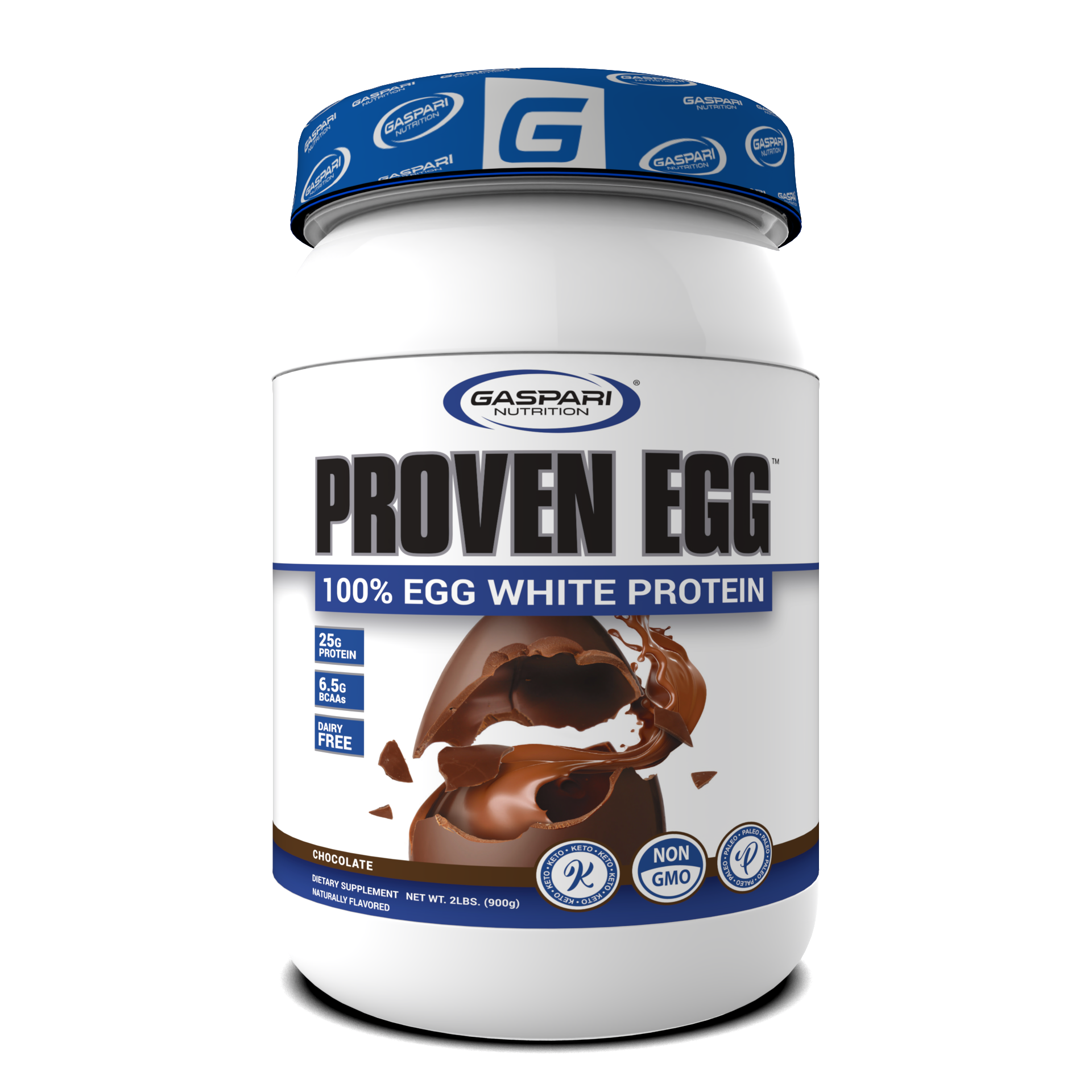



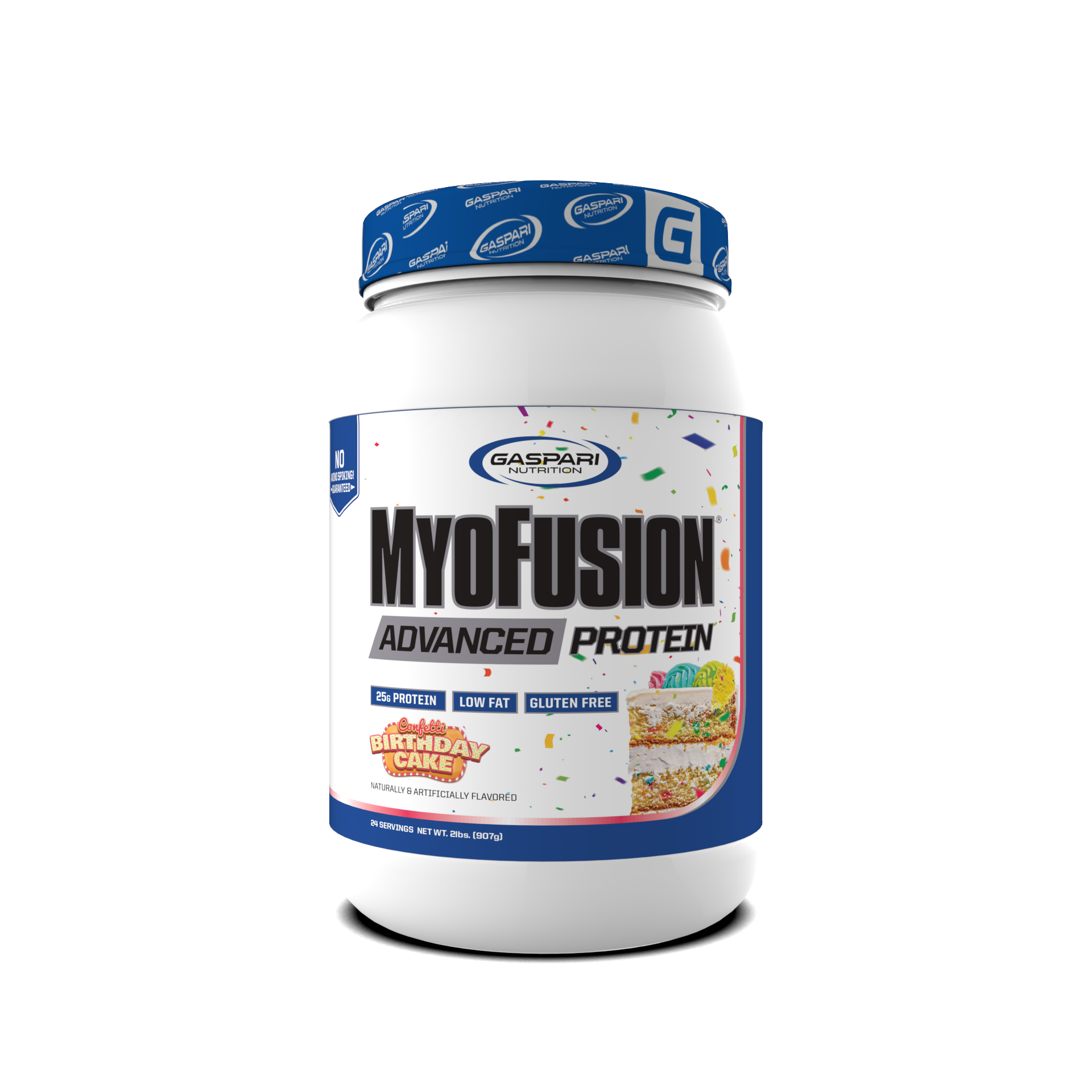








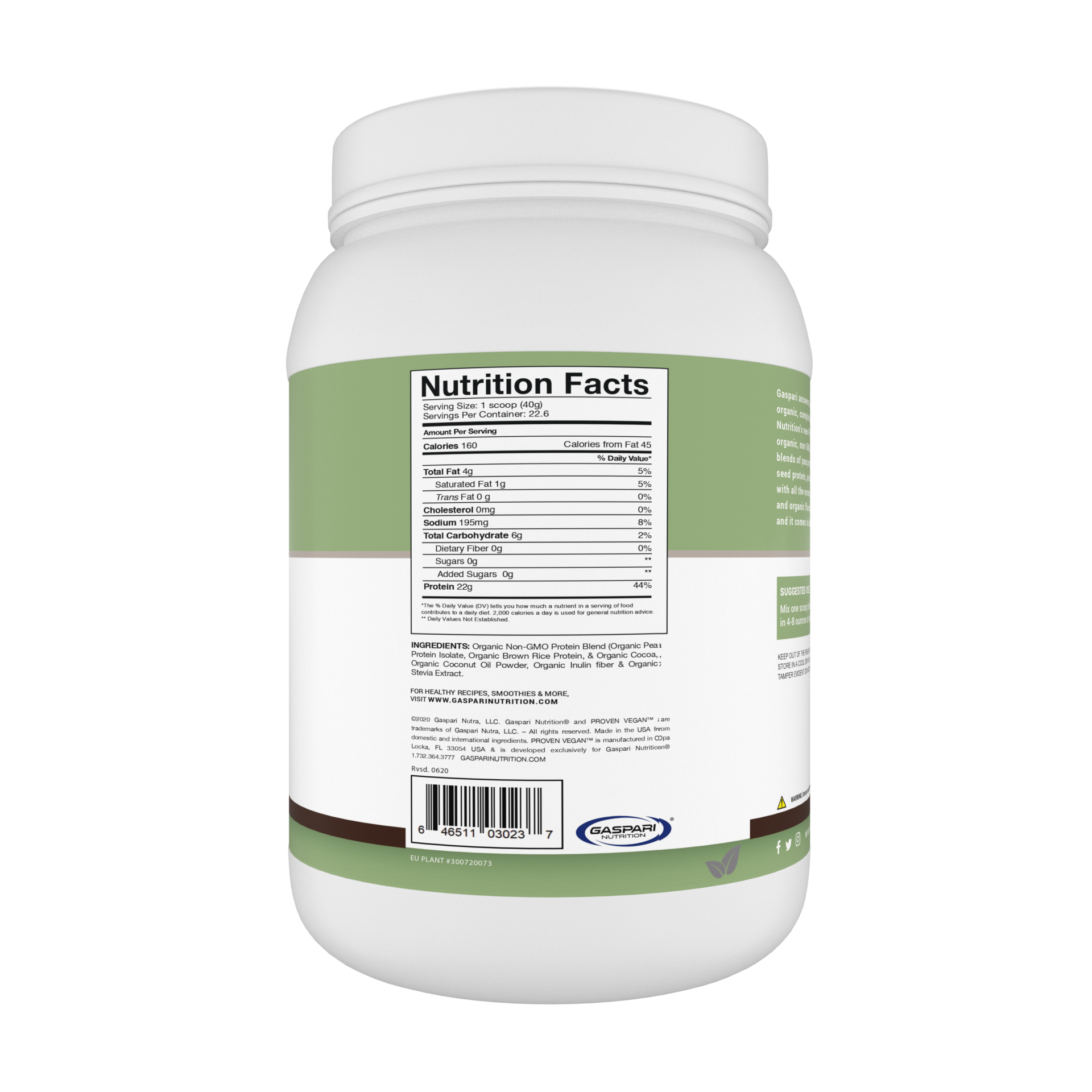






















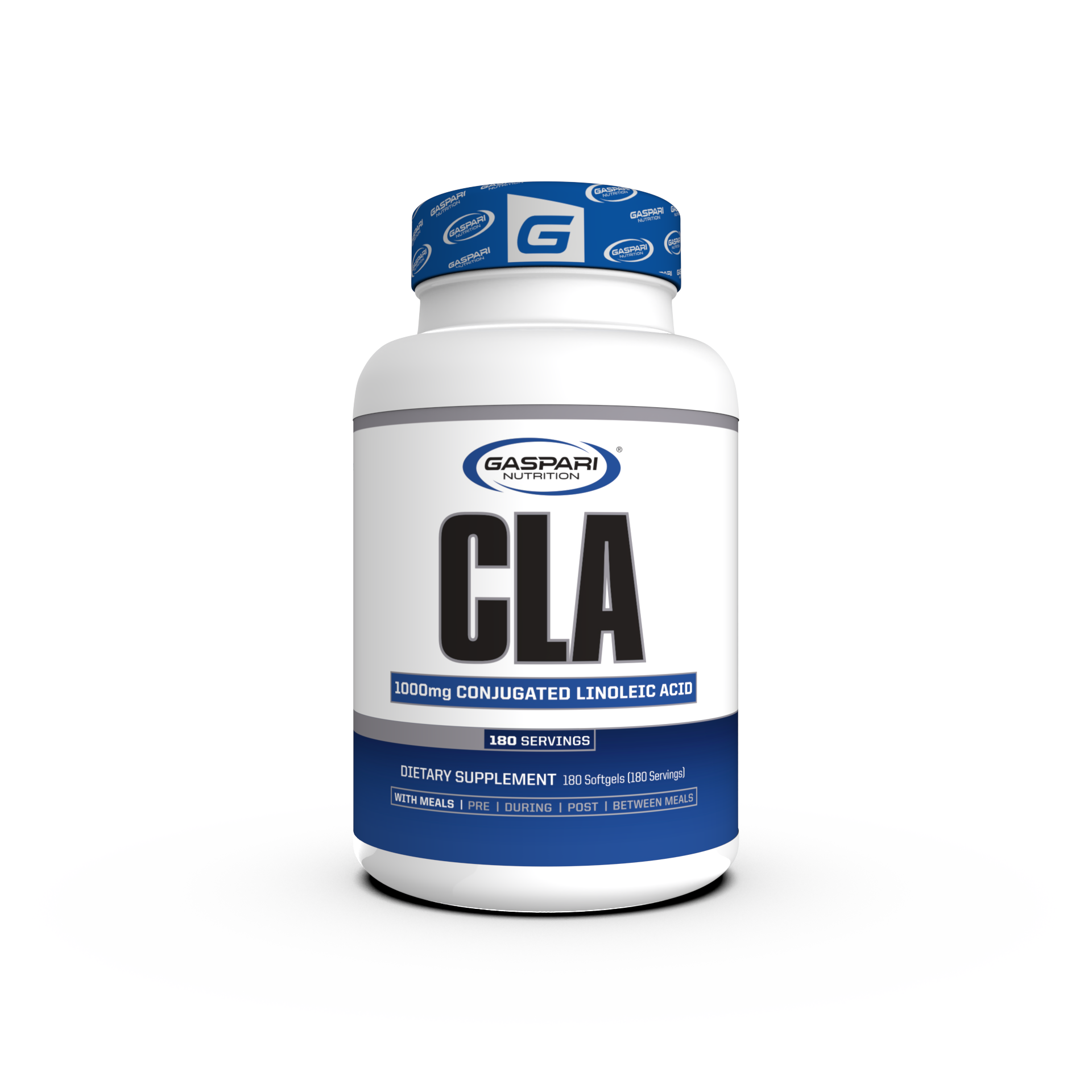



















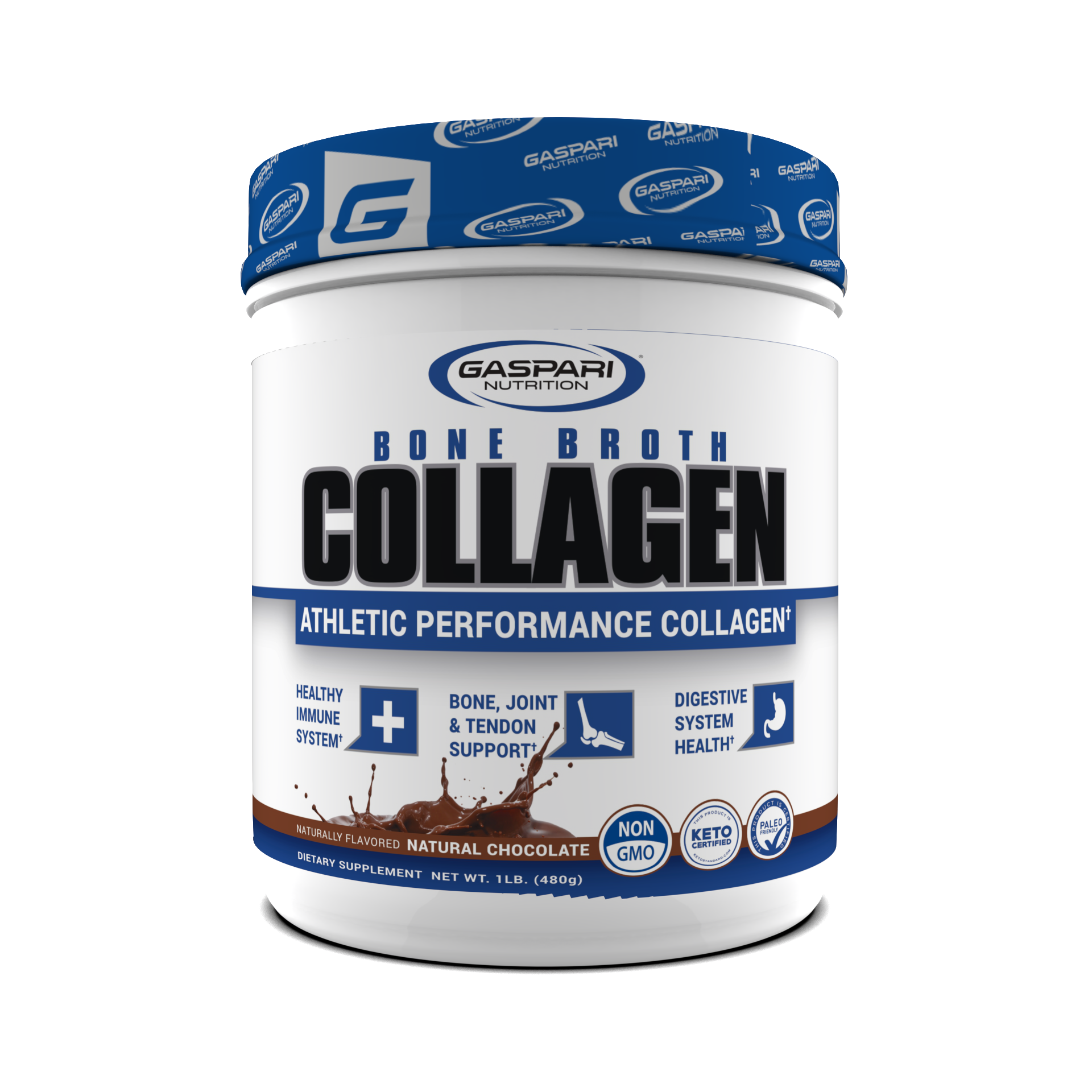















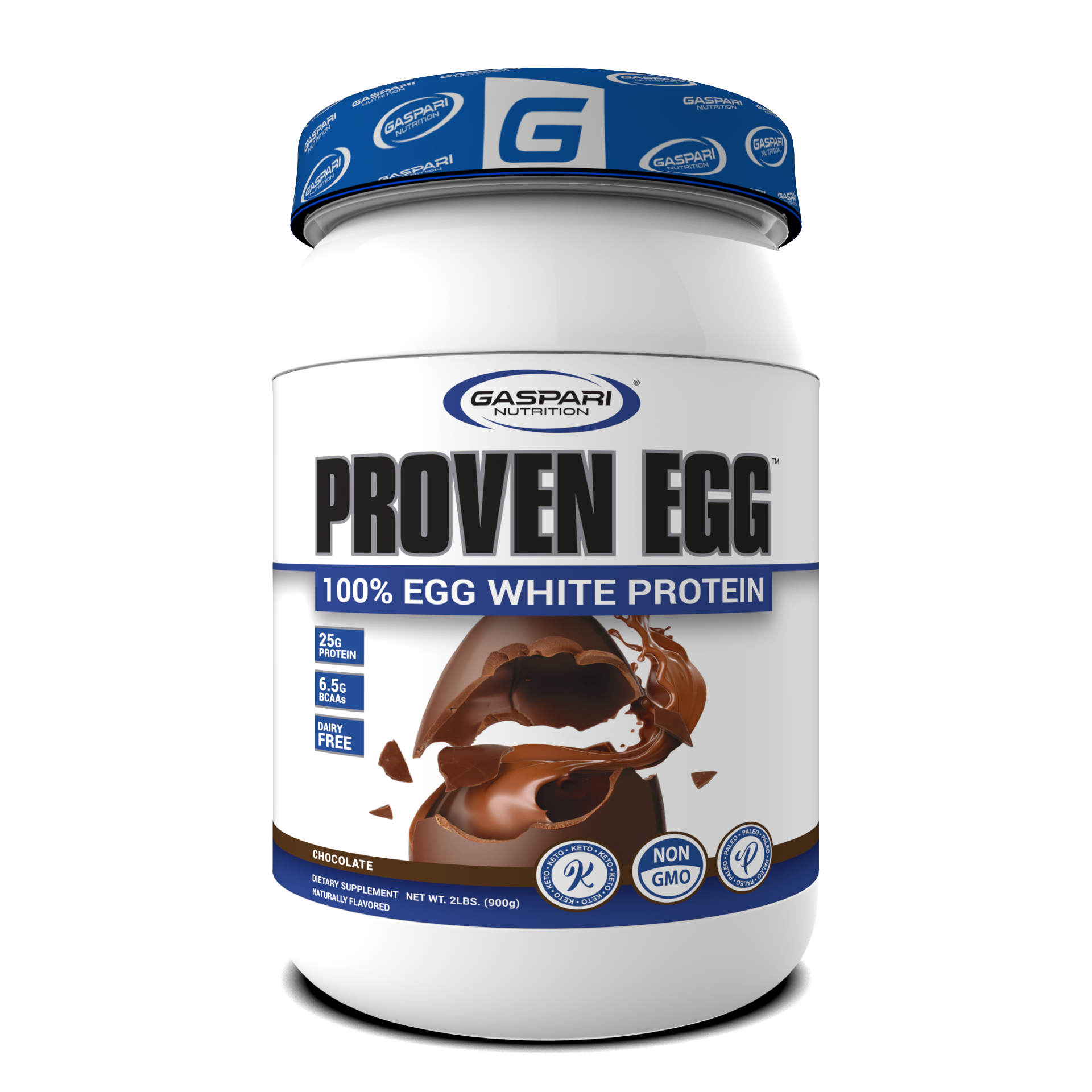

Share:
What Is A Keto Diet? A Complete Guide to Benefits, Foods, and Risks
Beginners Guide To Gym Etiquette